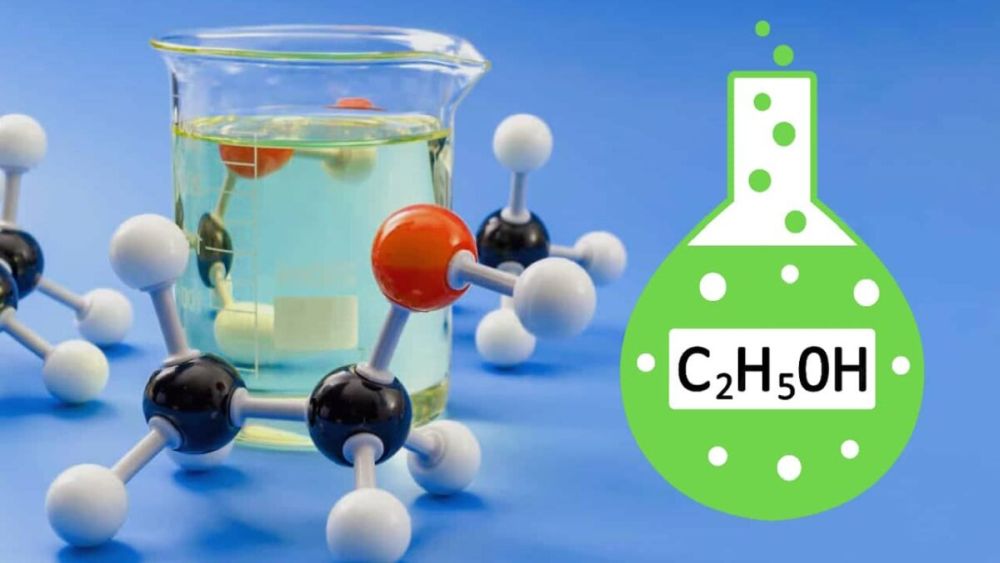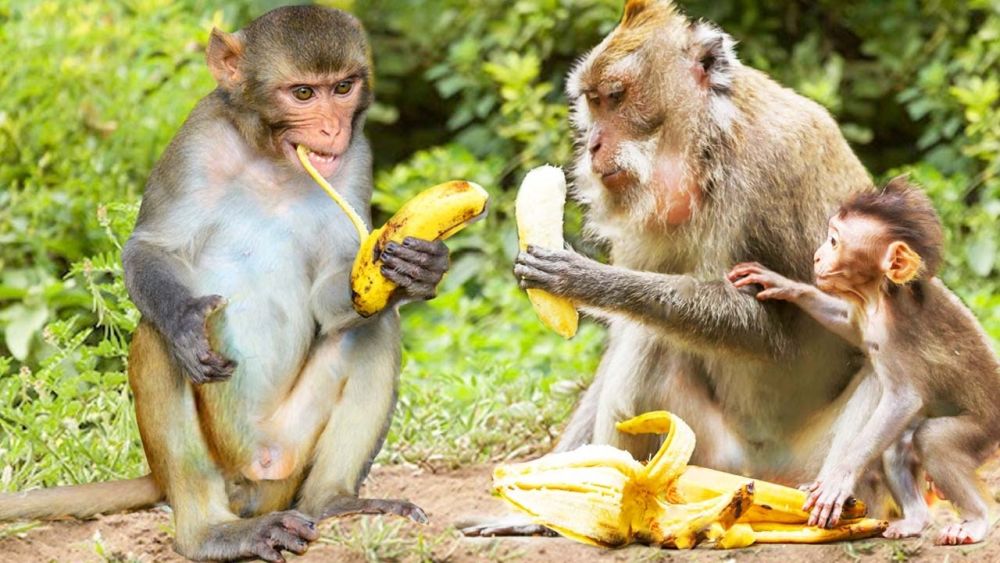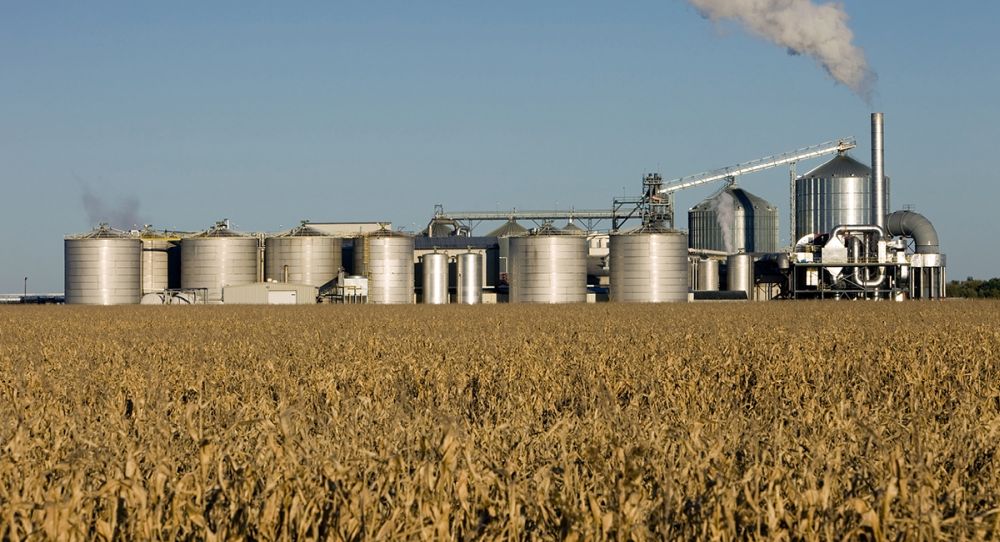Ethanol, the key ingredient in alcoholic beverages, is more than a human indulgence. Found in ripe fruits, nectar, and plant saps, this alcohol influences animal behavior and entire ecosystems. Species like chimpanzees and fruit flies are naturally drawn to ethanol-rich foods, adapting to use this resource for survival. These interactions reveal alcohol’s surprising ecological significance far beyond social celebrations.

Animals often seek out fermenting foods for their high caloric content. West African chimpanzees are known to drink palm nectar containing notable ethanol levels. Fruit flies use ethanol’s scent as a reproductive cue, showcasing how evolution has shaped alcohol consumption in the wild. This shared evolutionary trait between humans and animals reveals how deep-rooted our relationship with ethanol truly is.

The evolutionary origins of alcohol metabolism date back millions of years. Mutations in the alcohol dehydrogenase 4 (ADH4) gene allowed early primates to safely consume fermented fruits, aiding survival during food scarcity. Yet, ethanol’s impact isn’t just on individual species. In aquatic ecosystems, ethanol spills deplete oxygen, affecting marine life. Additionally, biofuel production threatens habitats and disrupts biodiversity.

The role of alcohol in nature emphasizes the interconnectedness of life on Earth. From influencing animal evolution to contributing to ecosystem imbalances, ethanol’s impact is vast. As human activities increase, understanding these dynamics becomes crucial. Acknowledging our place in this ecological narrative encourages responsible environmental practices, ensuring that our footprint doesn’t further tip nature’s balance.

#Ethanol #Ecology #Wildlife #Nature #Biofuels #Sustainability #AnimalBehavior #EnvironmentalImpact #Evolution #Biodiversity
